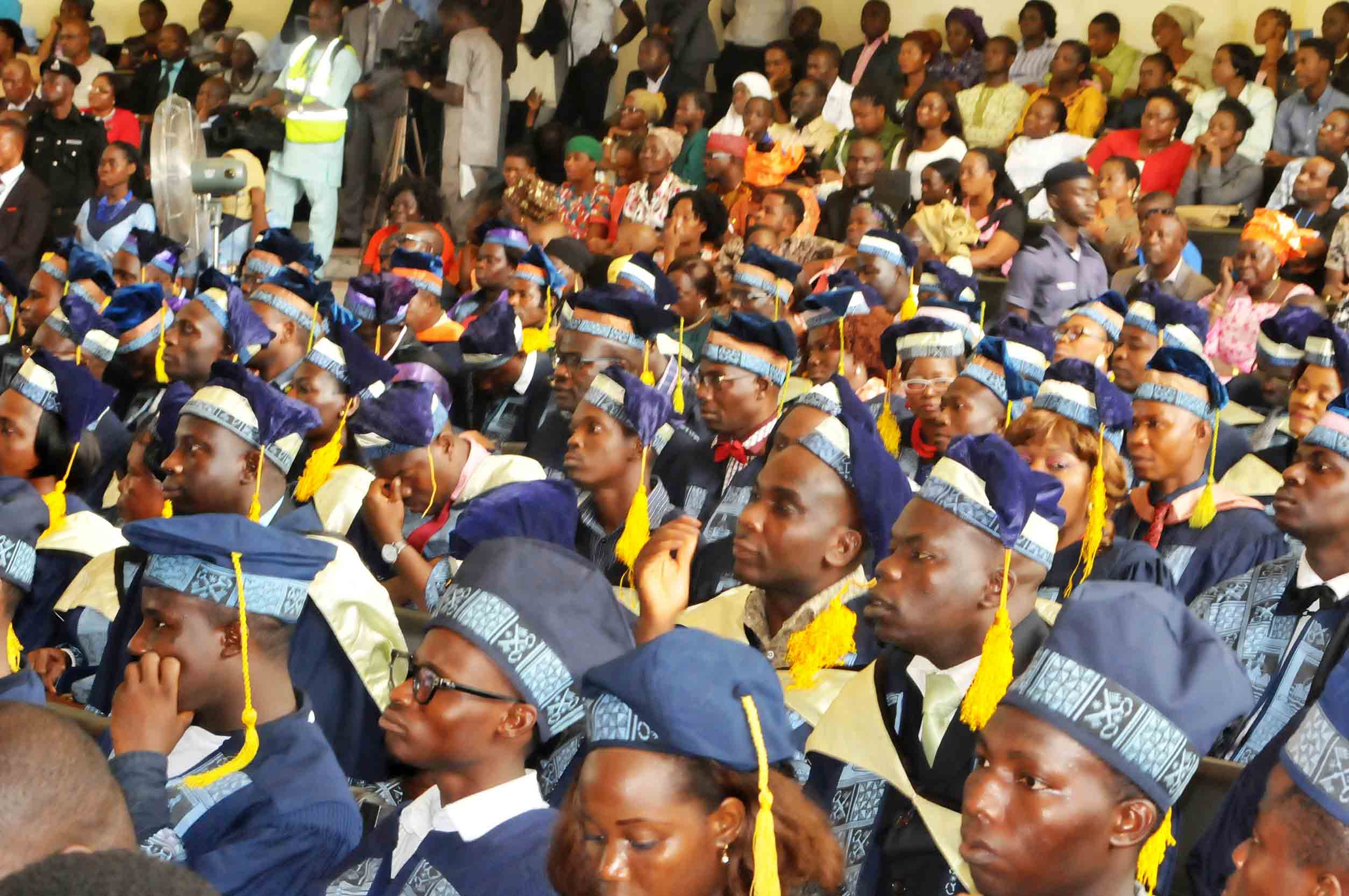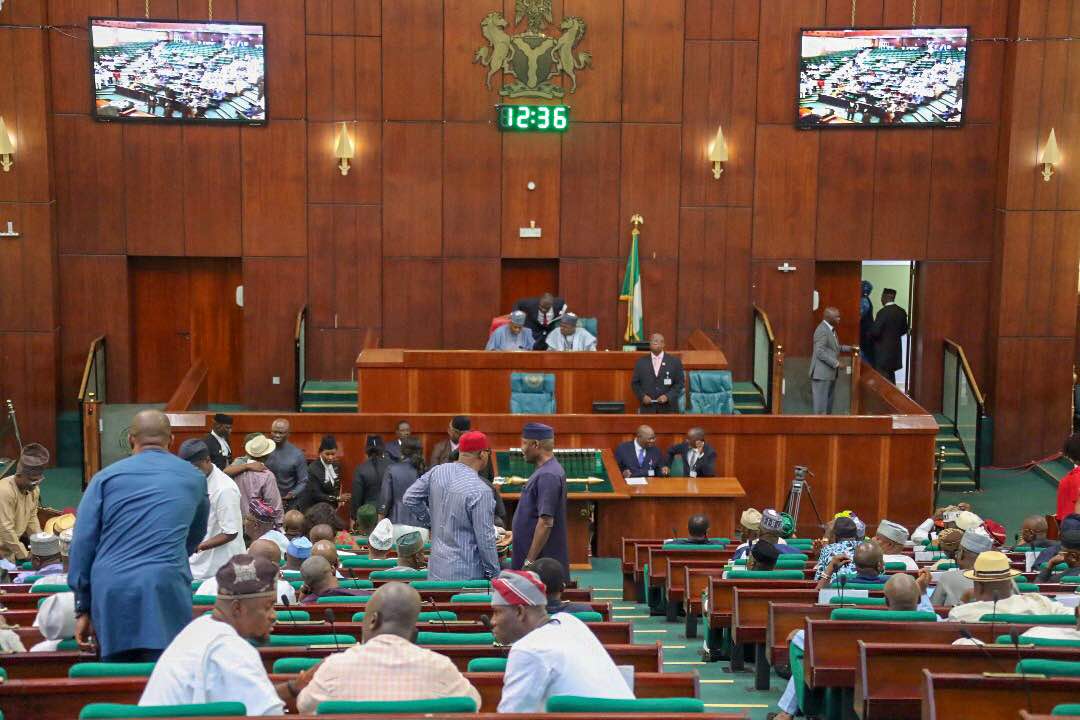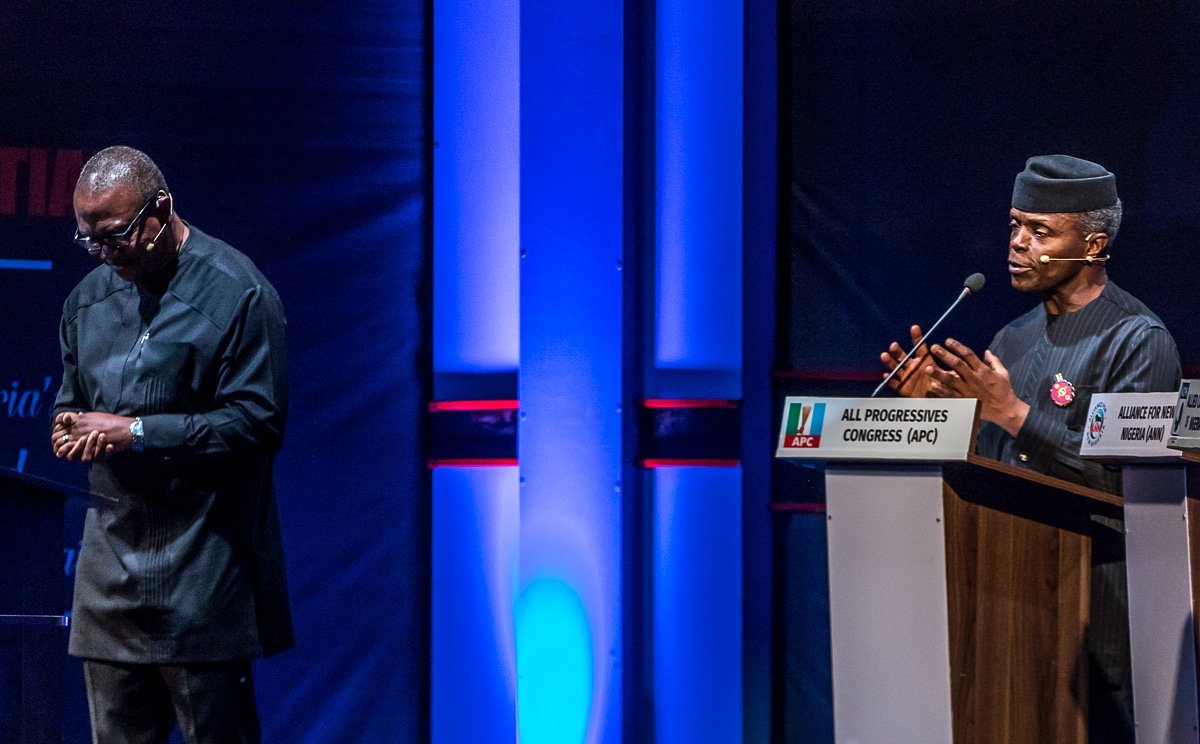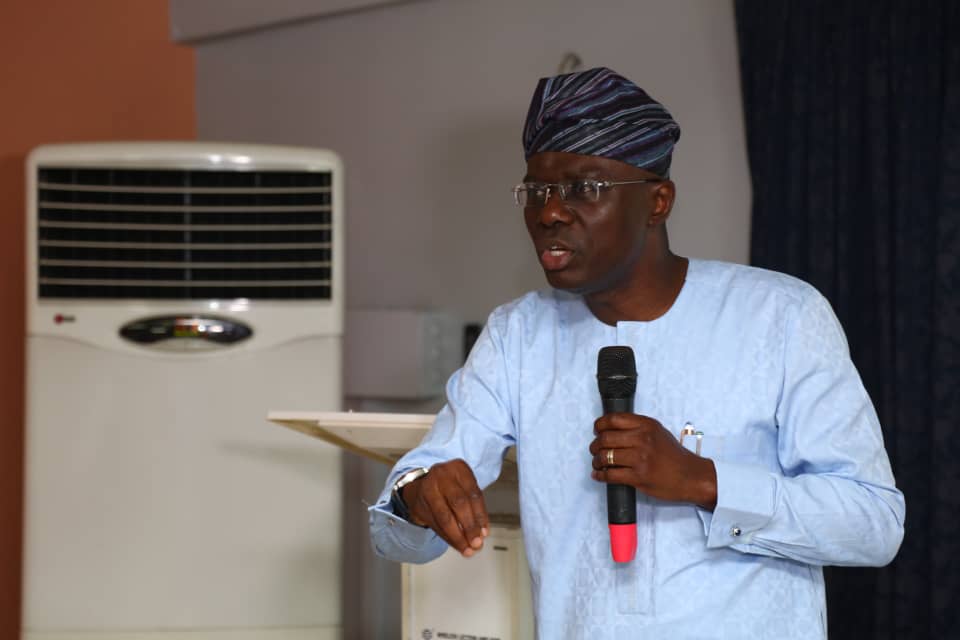BY BBZAKARI
Strike, the primary form of pressure in a collective bargaining system, has been around since the dawn of organized labour. Overtime, strikes which are often the bane of governments (and employers generally), have become socio-economic phenomena, leading to many changes in a good number of societal matters. In 2011, Julian Crowley of the BusinessPundit published the ‘10 Most Momentous Strikes of the 20th Century’.
In the article, the author discussed major strike actions that played crucial roles in reforming government policies, labour laws, and even national politics. These historical strike actions include those from the Brisbane General Strike in 1912 up to the “Winter of Discontent”, 1978-79 in the UK. The other eight include those in the USA (1919-20, 1934, 1952, 1958 and 1968); the UK (1926); Germany (1953) and France (1968). In Nigeria, one of the most notable and historic strike actions is that of June 21st, 1945, which involved 150,000 workers in the Nigerian civil service of all Government departments.
Since then, strike actions have become commonly used last-resort means of settling labour- related-disputes, especially when all other efforts have failed, in both the public and the private sectors across the globe. In recent times various forms of strike actions have been used as means of instigating very important economic and social reforms – like the train strikes of 2014 in France; Junior doctor’s strike (2012) and tube strike (2015) in England; workers strike in Iberia (2013); and Civil servants strike in Greece (2011).
Advertisement
No doubt, strike actions in the public sector, particularly the education sector, are somewhat unique, creating a reason for deep concern. This is because of the way that strikes especially in the education sector affect the students who are often caught between the administration and the striking party. Unfortunately, labour unions across the globe, are yet to come up with alternative (completely unrelated-to-strike) means of settling labour disputes. So, strike actions still remain the last resort for forcing governments/employers to give the required attention to the issues raised by the striking party.
For example, in the UK education sector in general, an average of almost 5.6% of employee working hours was lost due to strike action between 2006 and 2015, with the highest being 26% in 2011. In the in the UK higher education system, the Association of University Teachers (AUT) and the National Association of Teachers in Further and Higher Education (NATFHE), went through multiple strike actions in trying to negotiate with their employers. In 1999, AUT and NATFHE requested for a 10% pay increase and rejected initial offer of 3.5%, in favour of strike. Again, in 2005 AUT and NATFHE went on strike over the salaries and conditions of their staff, and for ‘stagnation of their salaries in 2006.
Also since 2011, university staff (in the UK) have taken several actions over pensions-related disputes, with multiple walkouts, marking strikes and the like. In 2018, University and Collages Union (UCU) called an unprecedented and largest ever strike in British higher education. The UCU (formed by the amalgamation of AUT and NATFHE), the union of lecturers in the UK, which is also the largest higher education union in the world, went on strike in protest to plans of making changes to their pensions. At one of the negotiation meetings, the Universities UK (UUK) (the organization that collectively represents the managers of the 65 affected universities, the employers of the UCU members), proposed a deal, but UCU rejected it and carried on with the strike. The UCU refused to call off the strike until the UUK went back to negotiation table and an acceptable agreement was reached.
Advertisement
In the case of ASUU the struggle is not only for the staff welfare, but equally for the general improvement in the Nigerian Universities – a demand which is not beyond the financial capability of the country. It is about coercing the Federal Government of Nigeria to honour the agreement initially reached in 2009 after going back and forth for almost 2 years. One of the key issues is the revitalization of public universities through the implementation of Needs Assessment Reports conducted on behalf of the FGN. Why are we not asking the government to justify why after more than a decade, and re-negotiations in 2016 and 2017 the agreed plans are yet to be implemented? Why did the FGN willingly agree and signed the Memorandum of Action (MoA) in 2017 if the agreed terms weren’t feasible to implement?
I happen to be among the generation of Nigerian students who probably suffered the consequences of ASUU strike the most. But I am also a living witness to the obvious result of those actions in our universities – in terms of general improvements in staff strength and staff- student ratio; teaching facilities like condition of the lecture theatres and teaching aids; access to internet facilities and online learning resources; laboratory equipment and materials; etc. The point of ASUU is that despite the recorded improvements, the situation of our universities is nowhere close to adequate, and if the FGN fails to keep up with the promise of maintaining the recorded progress (and yet to be implemented plans), the universities will revert back to the previous situation.
That ASUU is not only concerned about the welfare of the lecturers, but deeply concerned about the deteriorating condition of our universities is commendable not condemnable. And ASUU is doing nothing wrong, nothing outdated, by using strike action, to coerce the FGN into doing the right thing. Nigerians, especially students and parents need to understand that ASUU is striking to safeguard the future of many generations of our children to come.
Believe it or not, without ASUU struggles, through the annoying persistent strikes, the situation of Nigerian universities would have been much worse than the sorry state they are today. It is easy to ask ASUU to give up and call off the strike with only promises as in previous cases. But the alternative to the ASUU insistence on the full implementation of the 2017 MoA implies accepting to keep watching the continuous deterioration of our universities. For how long should we keep watching the increasing over-population of our already over-stretched universities, without tangible plans for adequate provision of necessary resources?
Advertisement
As pointed out by Brendan McGeever (lecturer, University of London) in an article captioned ‘Rethinking Collective Action: The 2018 University Strike’ strike actions still have the capacity to enlarge collectivism and deepen critical thinking. We, as Nigerians need to start regarding the socio-economic impact of the strike actions, and be standing up to compel the government into being committed towards honouring every agreement with a striking party – not only when ASUU is concerned.
BBZakari writes from ABU Zaria
Advertisement
Views expressed by contributors are strictly personal and not of TheCable.







